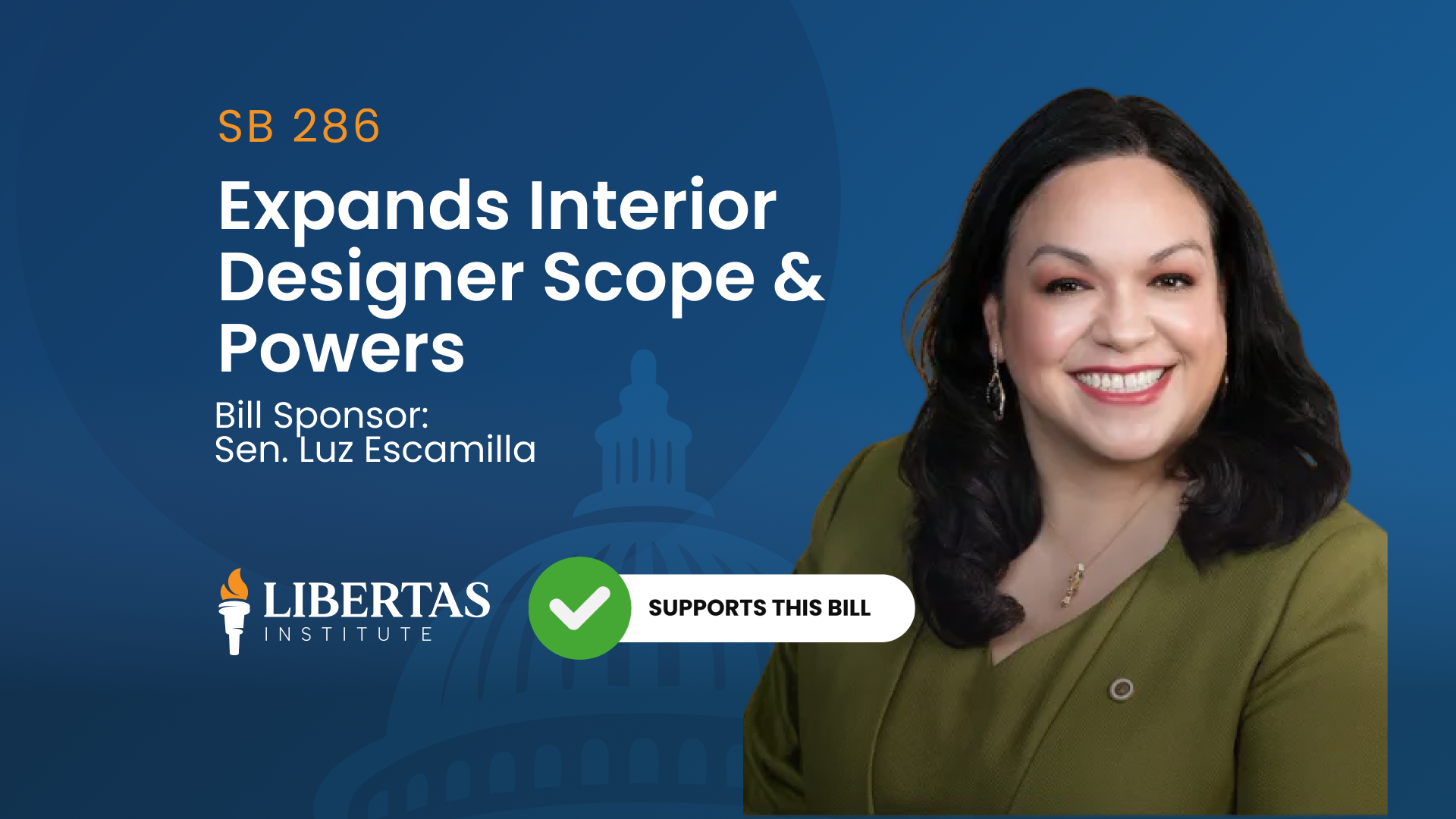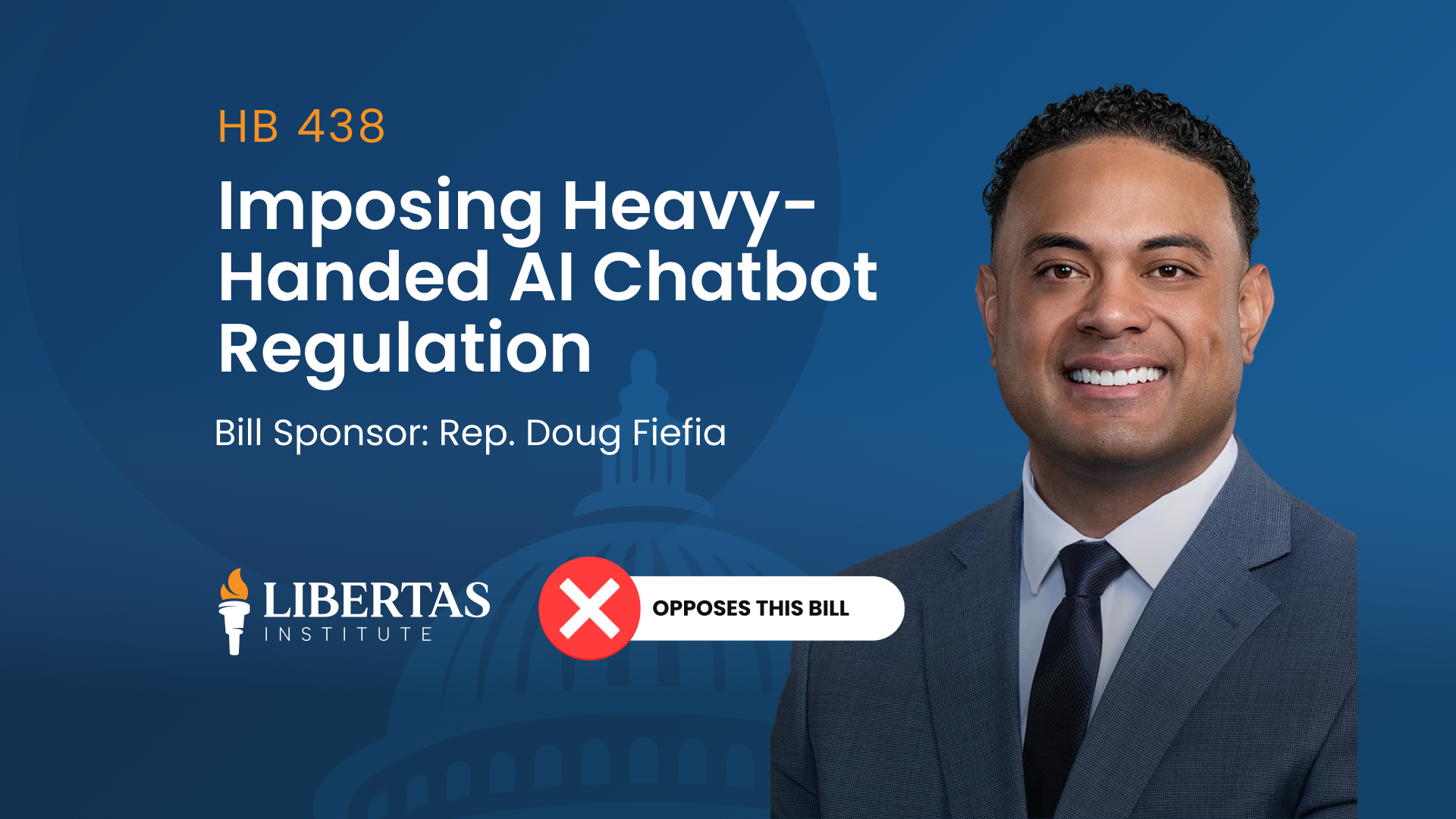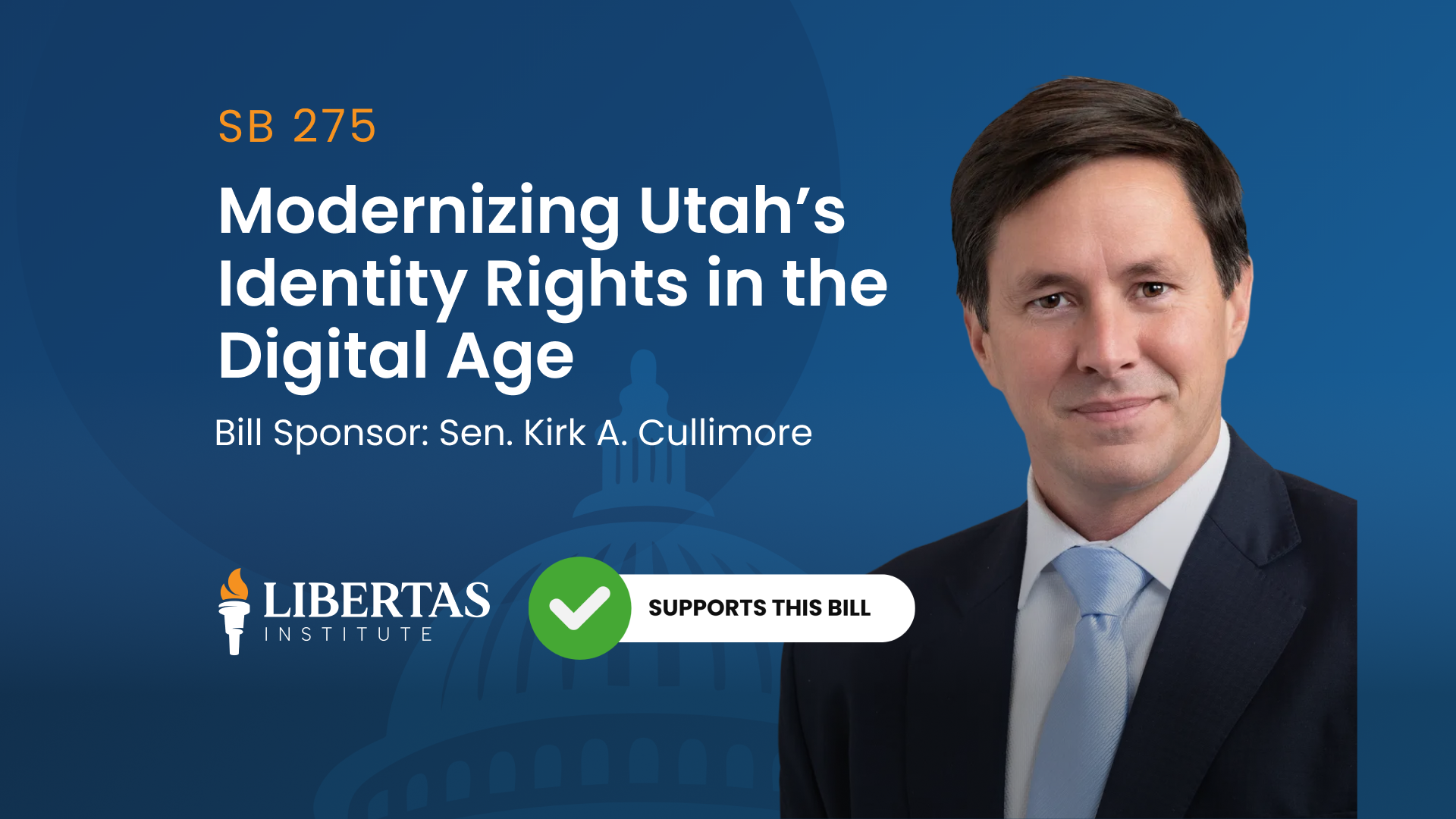This bill died in committee. Libertas Institute supports this bill
Each year, it seems, the Utah Legislature is faced with a new technology or business that is being compelled to submit to arcane or antiquated regulations that don’t work.
This year, it’s Turo; people using platforms like this to share their vehicle are being criminally prosecuted by Salt Lake City.
Representative Kim Coleman is sponsoring House Bill 354 to address this issue. The bill first creates a new regulatory system for peer-to-peer apps, clarifying that these businesses are not the ones providing the service.
For example, Airbnb is not a hotel company and Uber is not a taxi company. The peer-to-peer apps are merely a marketplace where people can directly provide the service to another. The regulation should therefore not fall on the peer-to-peer app developer, which is what this bill entails.
Further, the bill also creates a new definition of incidental commercial activity at the airport—passing through to pick somebody up, or doing some work on your laptop while waiting for your plane to take off. This activity is exempted from regulation by requiring the city to treat it as non-commercial activity.
In other words, there’s no different impact on an airport when you pick up your mother at the airport vs. if an Uber driver picks someone up, or you share your vehicle via Turo.
A wholistic approach to regulating peer-to-peer apps is going to help in the future so that we don’t have to deal with regulatory restrictions and attacks on innovative business model each year. Utah’s Constitution requires a free market, and this bill moves us a step in that direction.




